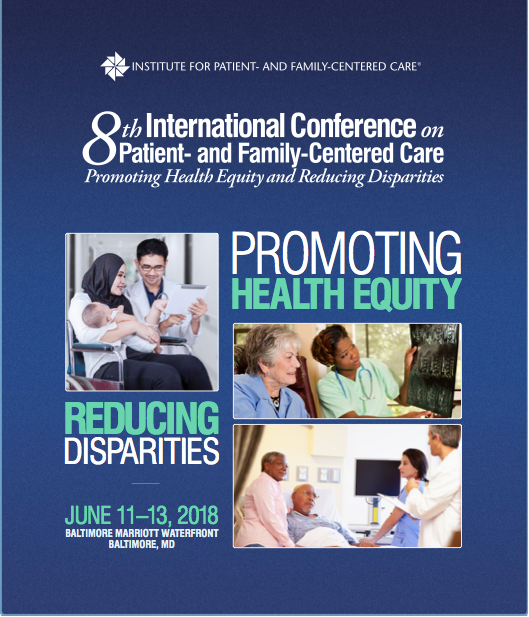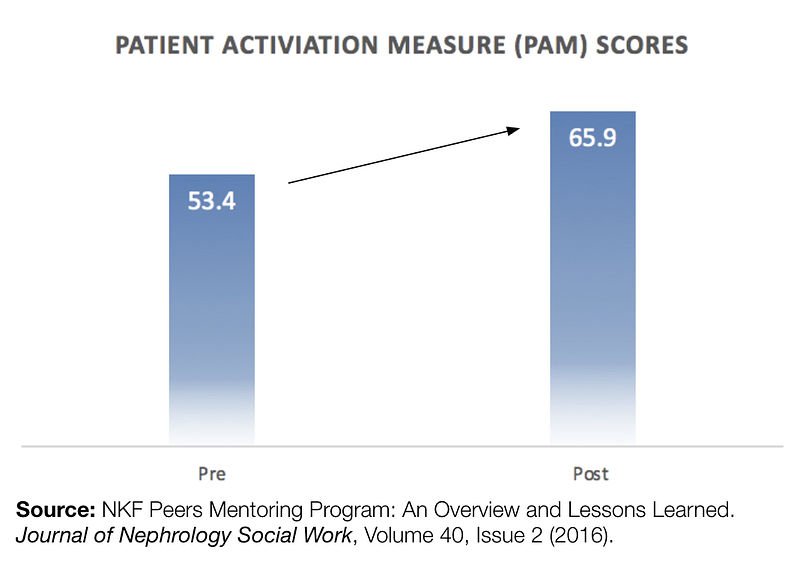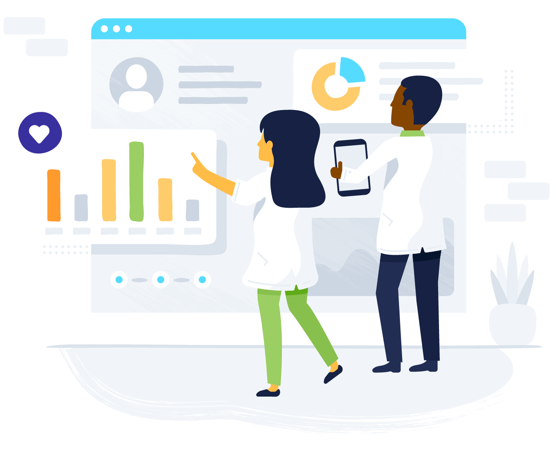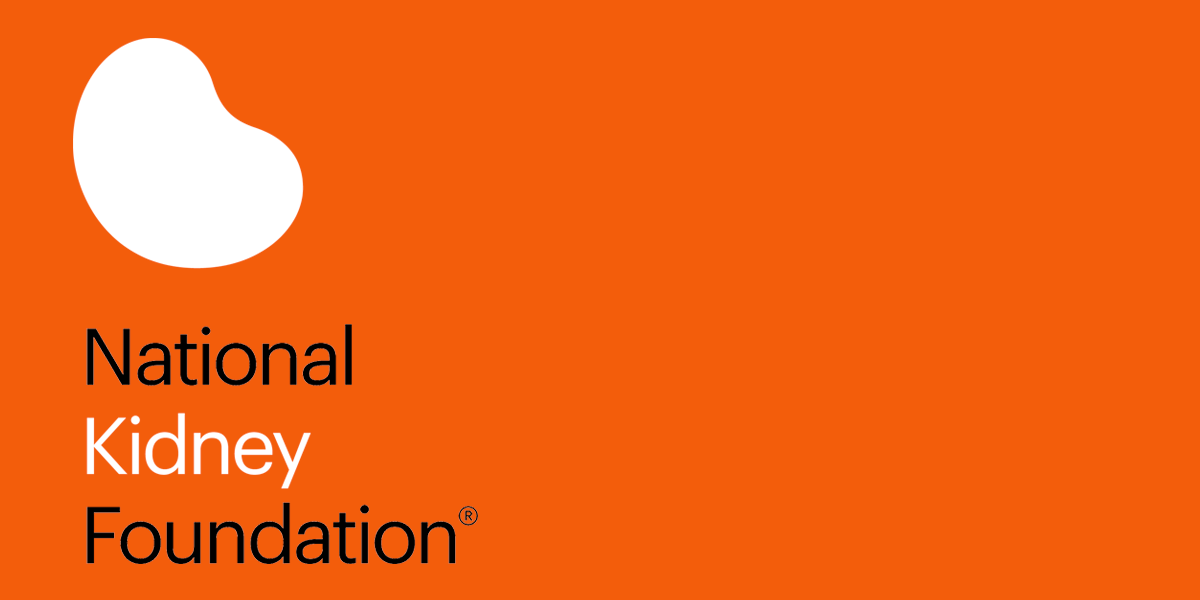Kidney Disease Peer Support: Part 1
InquisitHealth and the National Kidney Foundation (NKF) presented the Celeste Lee Peer Mentor Lecture at the Institute for Patient and Family-Centered Care (IPFCC) International Conference last summer in Baltimore, MD.

The Conference featured “programs and strategies that address disparities in health and health care, as well as programs that are dedicated to collaboration amongst health care professionals, patients, and families to address the challenges in complex health care systems.”
The presentation shared the story and impact of NKF’s national peer support program, specifically highlighting the role of InquisitHealth’s technology platform to help enable, enhance and grow the program.
The following is an edited excerpt from the transcript of that presentation, as presented by Ashwin Patel of InquisitHealth.
___________________________________________________________________
“InquisitHealth’s privilege is that we get to enable the life-changing work of great organizations and people on a daily basis.
There’s no simple way to state what an honor this truly is.
We know that peer-to-peer mentoring works. There is a high demand for it, and if done well, it has the ability to activate a large base of knowledge that is experiential, practical and immensely helpful. This sort of valuable, experience-based insights are otherwise underutilized in healthcare.

InquisitHealth first focused on diabetes peer-to-peer mentoring. Funded by the National Institutes of Health (NIH), we developed a robust technology platform to activate peer support to improve clinical outcomes like HbA1c.
Quickly, we realized that the technology we built could be useful beyond diabetes — i.e., technology-enabled peer mentoring could drive positive clinical outcomes in other chronic diseases, as well.
We had the good fortune to meet Kelli Collins Damron, VP of Patient Engagement, and the entire National Kidney Foundation (NKF) team. At this point, the national NKF Peers® program was already up and running.

Fortunately, the way we had developed our technology and the way that NKF had developed their program was amazingly similar.
Our best explanation for why our parallel evolution had been so similar — we both had optimized for the same thing: the experience of peers and peer supporters.
Thus our technology platform was a perfect fit for the manual, yet effective, approach that NKF had developed.
It was serendipitous, timely, and extremely fortuitous.
Shared Challenges → Common Solution
Connecting a peer supporter to a peer is not as simple as it might seem, especially when trying to optimally match patients with the right peer.
Then we need to take into consideration HIPAA security and privacy, stigma concerns, individual privacy preferences, variable technology access, and, on top of that, the administrative burden — which, in particular, becomes more challenging and resource-intensive as the population grows.
So we created a web and mobile platform — “PeerStrong” that helps facilitate these important core functions, including effective peer supporter management, matching with peers, privacy-security infrastructure, program oversight tools, and more.
(Special thanks: NKF’s peer supporters helped vote on the name!)
We began with a platform to support telephonic interactions, but as smartphones have become more pervasive, we have begun to further scale and expand the platform’s capabilities. Now users can self-match, chat, schedule/reschedule calls, & connect directly with others.
We’ve seen a lot of success in this model.
Matching, 1-on-1 chats and phone calls, curated communities — all help individuals new to a health condition, or someone struggling, tap into the collective insight and lived experience of a trained, vetted and trusted network of Peer Supporters.
The magic is in leveraging technology to deliver high-quality peer support without extra staff, overhead or headache.
This is where PeerStrong shines.
Next Steps
We are helping to connect the dots between peer support and clinical outcomes and aim to make peer programs not just nice-to-have, but must-haves!
Peer support works —we’ve seen it over and over again, as have our partners — but proving the robustness of the relationship between peer support and clinical outcomes varies significantly by health condition.
And we see this as critical to the long-term sustainability and growth of peer support.
NKF published exactly such outcomes describing the impact of the Peers program on Patient Activation Measures (PAM) scores:
Read full paper here.
Peer support delivers tangible, measurable value across the healthcare ecosystem — everything from dramatic improvements in PAM (Patient Activation Measures) to sustained improvements in lab values like HbA1c to large reductions in avoidable hospitalizations.
All are proven end points of peer support.
We’re excited to be working with partners like NKF to help make these impressive results possible for more patients with late-stage kidney disease.
And the exciting part is that we are just at the beginning!



